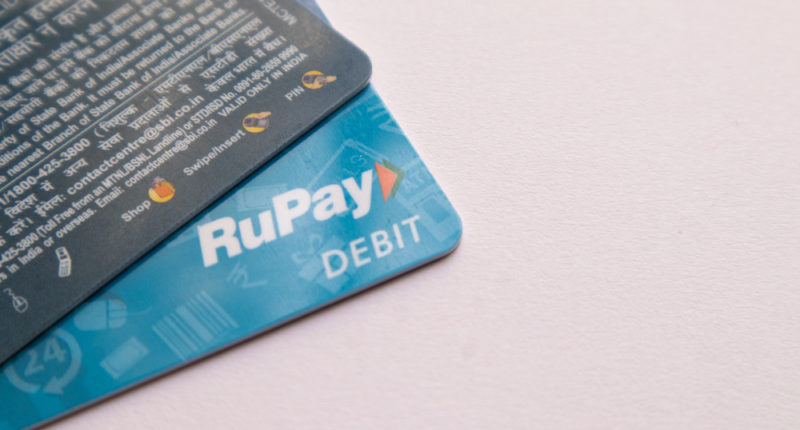Indian Banks’ Association and National Payments Corporation of India (NPCI) have reached an agreement that puts an end to discussions about the bank fees levied on transactions carried out through UPI and RuPay Cards.
As per the agreement, banks will now not charge a part of the fees on Unified Payments Interface (UPI) and RuPay card transactions as long as the merchant discount rate (MDR) remains zero. It is said that the annual revenue loss could be to the tune of ₹1,800 crore due to zero MDR.
A report from Times of India says that in the NPCI steering committee meeting, IBA and NPCI have agreed on zero interchange fee, however they are still reviewing multiple other fees like payments service provider (PSP) fee, interchange fees, and switching fees.
Merchant Discount Rate (MDR), usually around 1 percent to 3 percent, is charged to a merchant for payment processing services on debit and credit card transactions. Last month, the government had revoked MDR charges on digital transactions via RuPay and UPI platforms from January 1, 2020.
This would benefit banks which are looking to reduce costs incurred amid the growth of digital payments. But large public sector banks have been opposing the switching fee and interchange fee as they will then have to pay more to other banks.
Further, it is said that removal of these fees can hit the revenue of UPI apps and fintech startups which has seen tremendous growth lately. UPI has clocked over 1 billion transactions per month from October 2019 to December 2019.
Within just three years of launch, government-backed UPI platform boasts of more than 100 million users, which suggests that it is the fastest rise by a payments platform not just in India, but across the globe.
The Tech Portal is published by Blue Box Media Private Limited. Our investors have no influence over our reporting. Read our full Ownership and Funding Disclosure →






